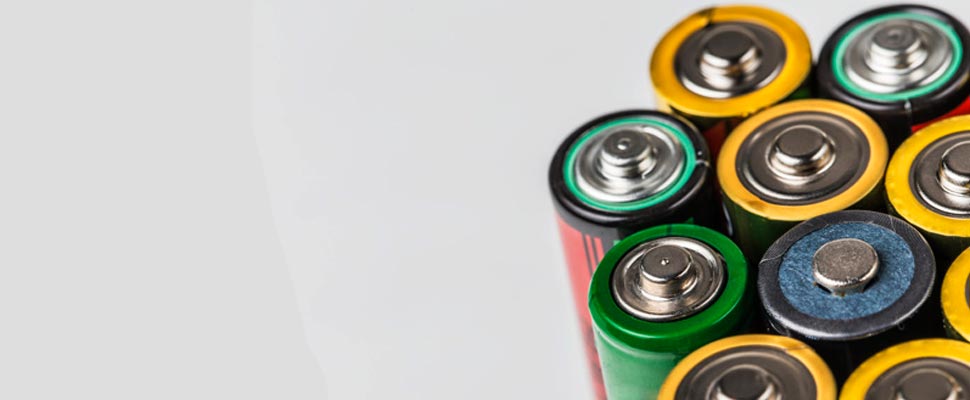Colombia Banned Mercury-Added Products
The Colombian government banned most mercury-added products in the country.

In Colombia, a ban on the manufacture, import and export of products containing added mercury was achieved. Photo: Freepik
LatinAmerican Post | Nelson Andrés Tamayo Gaviria
Listen to this article
Leer en español: Colombia prohibió los productos con mercurio añadido
On April 23rd, the president of Colombia, Iván Duque, signed a decree that prohibits the manufacture, import and export of products containing added mercury. The decision comes within the framework of the Minamata Convention, a global agreement that Colombia signed in 2013 and ratified in 2019.
Carlos Eduardo Correa, Minister of Environment and Sustainable Development, celebrated the decree and affirmed, in an official statement, that this “is a great advance for the country. With this measure, we seek to protect the environment . We are making steady progress on one of our main goals: to reduce greenhouse gas emissions by 51 percent by 2030 ”. It should be noted that, in 2018, the South American country had already prohibited the use of this chemical element in mining activities. However, from now on the veto will be extended to all products that contain it, except those used in research, military activities or civil protection that have no other alternatives.
Also read:5 keys to understand what the Escazú Agreement is
En el propósito de una Colombia libre de mercurio para el cuidado del medioambiente y la salud, y cumpliendo con el Convenio de Minamata, con @MincomercioCo expedimos el Decreto 419 que prohíbe fabricación, importación y exportación de productos con mercurio añadido. (1/2)
— Iván Duque ???????? (@IvanDuque) April 23, 2021
An environmental relief
In recent decades it has been proven that mercury is a harmful element for the planet , has generated pollution in rivers, soils and in the atmosphere, according to the United Nations Environment Program, " mercury bioaccumulates in fish, animals and humans , which represents a serious threat to human health and the environment ”. Its excessive use has also caused serious illness and poisoning in people exposed for several years.
Some of the everyday products that often contain mercury include: batteries, jewelry, fluorescent lamps, paint, thermometers, and blood pressure meters . Although the amounts of mercury used in these products do not usually generate health problems, the poor disposal of these at the end of their useful life can affect water influences , impacting animal species and the people who ingest their water.
For #ASGM workers, every day must be #SafeDay.
On World Day for #Safety & #Health at Work, the #MinamataConvention reiterates its commitment to end unsafe worst practices for miners & their families and promote best practices that protect human health & #MakeMercuryHistory. ????✔️ pic.twitter.com/WAn24PbmPz
— Minamata Convention on Mercury (@minamataMEA) April 28, 2021
The Minamata Convention
At the end of the 20th century, in Minamata Bay, Japan, the first severe cases of mercury poisoning in humans were documented, “industrial sewage contaminated with mercury poisoned thousands of people, causing serious damage to health known like Minamata disease ”, states a document from the UN Environment Program.
Since then, there have been global efforts to eradicate the massive use of the aforementioned chemical element in large industrial productions, and now in sectors of the economy where it is possible. In 2013, more than 100 nations of the world met in Kumamoto, Japan, in the so-called Minamata Convention , to discuss a global regulation of mercury, it was not until 2017 that an agreement was reached to ban many of its uses. . The last meeting held was in November 2019, in Geneva, Switzerland, where the final deadlines were agreed for the signatory countries to implement what was agreed two years ago. According to the official website of the Convention, to date, 128 countries have signed it and 131 have ratified it .





